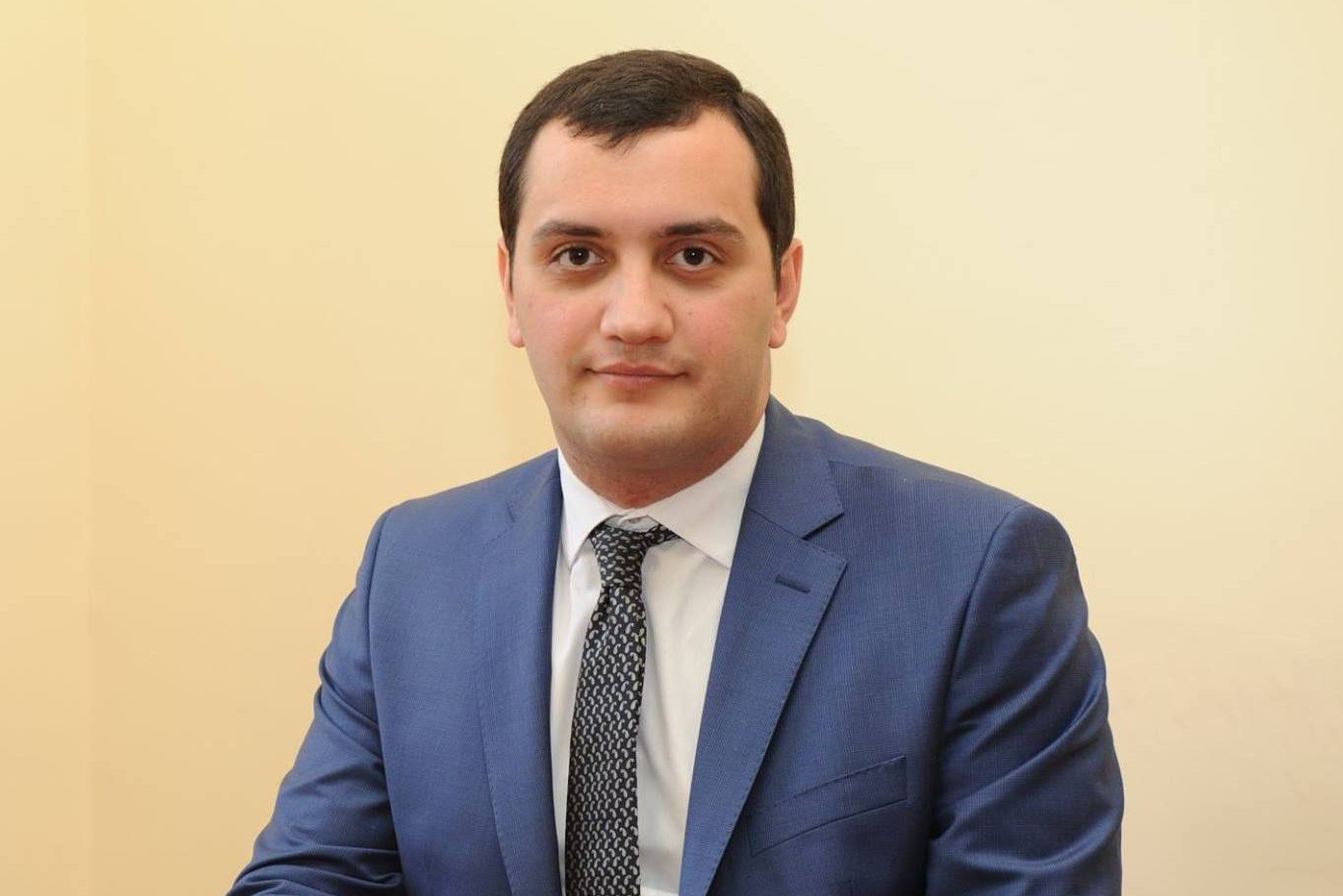The Judicial and Legal Reform Strategy 2019-2023 envisages amendments to the Civil Procedure Code and the Law on Mediation. These changes provide for the establishment of mandatory mediation disputes over certain legal relationships, such as family, work, banking, and etc.
Iravaban.net talked about the topic with advocate and mediator Mr. Simom Farmanyan, who expressed her opinion on the planned changes.
According to the mediator, establishing a mandatory mediation is very controversial, as it can have both positive and negative results.
“The issue of mandatory conciliation has been discussed since the establishment of the structure. From one point of view, the compulsory mediation can turn the mediator into an official who merely puts seals. That is to say that before going to court, people have to come to the mediator to pass that mandatory stage of going to court. From another point of view, a lot will depend on the mediators’ activities, how high they will keep their professional position and will not just become a stage for going to court. That is, it depends on how well the mediators will perform their functions. In addition, if this reform is implemented, mediators will also have to explain to their applicants what mediation is and why citizens should use their services. I think that a great burden is placed on the mediators here and it is not defined how it is planned to alleviate that burden. Especially, since we do not have such a large number of mediators in the field.
In general, the idea is acceptable. After all, we are not the first country that wants to establish a mandatory mediation,” he said.
The strategy envisages taking steps to introduce modern tools for mediation, for example, online or telephone mediation to resolve disputes between consumers and public service organizations through them. It is noted that through such a platform the settlement of disputes can be carried out in a short time, at a lower cost for the consumer or even free of charge, through the means of public service provider, which the mediator considers to be a welcomed step.
“Although we do not have such a practice regarding how the work of a remote mediator will work, if there is a gradual shift to online work in other areas, there should be similar changes in this area as well. I think we have no risks from this point of view, as the mediation process is such that it can be done very easily (also remotely or online), especially in the case of such a large volume of work,” he noted.
Referring to the gaps in the field, which need to be regulated, but are not included in the strategy, Farmanyan said, “We can talk about gaps only after the mechanism works. That is, we cannot talk about the gaps of the mechanism that is not working or partially working yet. I think it is more important to put into operation of the mediation mechanism at this moment. For example, today we have a problem with training mediators in terms of quality and quantity. We also have a problem in terms of informing the public about the mediator’s activities. Of course, a lot of work has been done in this regard, but I think it was not enough. As for the legislative gaps, of course there are such, but they are on a theoretical level, that is, we will not solve a practical problem with them.”
In response to the question whether he assess the changes made in the sphere as sufficient, Simon Farmanyan said, “In the sense that we want to promote the work of the mediator through these reforms, it is sufficient, but are our mediators ready for these changes? That is, we will not solve the problem only by filling the legislative gaps and writing the law, we must also develop a mechanism in accordance with the law.”


















